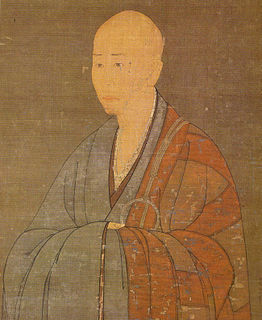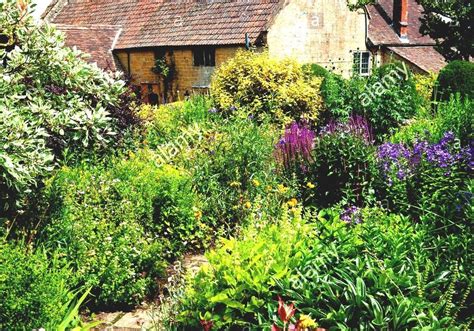A Quote by Germaine Greer
A garden is a kinetic work of art, not an object but a process, open-ended, biodegradable, nurturant, like all women's artistry. A garden is the best alternative therapy.
Related Quotes
Object in/ and space - the first impulse may be to give the object - a position - to place the object. (The object had a position to begin with.) Next - to change the position of the object. - Rauschenberg's early sculptures - A board with some rocks on it. The rocks can be anywhere on the board. - Cage's Japanese rock garden - The rocks can be anywhere (within the garden).
Inside every one of us is a garden, and every practitioner has to go back to their garden and take care of it. Maybe in the past, you left in untended for a long time. You should know exactly what is going on in your own garden, and try to put everything in order. Restore the beauty; restore the harmony in your garden. If it is well tended, many people will enjoy your garden.
The Japanese garden is a very important tool in Japanese architectural design because, not only is a garden traditionally included in any house design, the garden itself also reflects a deeper set of cultural meanings and traditions. Whereas the English garden seeks to make only an aesthetic impression, the Japanese garden is both aesthetic and reflective. The most basic element of any Japanese garden design comes from the realization that every detail has a significant value.
It takes time and devotion to learn the language of color and lighting in the garden. Your tastes are sure to change over time, reflecting your inner evolution. Seeing the garden as a canvas for your celebration of Nature's palette is a wonderful expression of the soul's love of beauty and artistry. Your own inner intuition, however, is often your best teacher, but don't forget that Mother Nature will always have a few surprises up Her sleeve as well.
you mustn't rely on your flowers to make your garden attractive. A good bone structure must come first, with an intelligent use of evergreen plants so that the garden is always clothed, no matter what time of year. Flowers are an added delight, but a good garden is the garden you enjoy looking at even in the depths of winter.
God made a beauteous garden With lovely flowers strown, But one straight, narrow pathway That was not overgrown. And to this beauteous garden He brought mankind to live, And said "To you, my children, These lovely flowers I give. Prune ye my vines and fig trees, With care my flowers tend, But keep the pathway open Your home is at the end." God's Garden





































